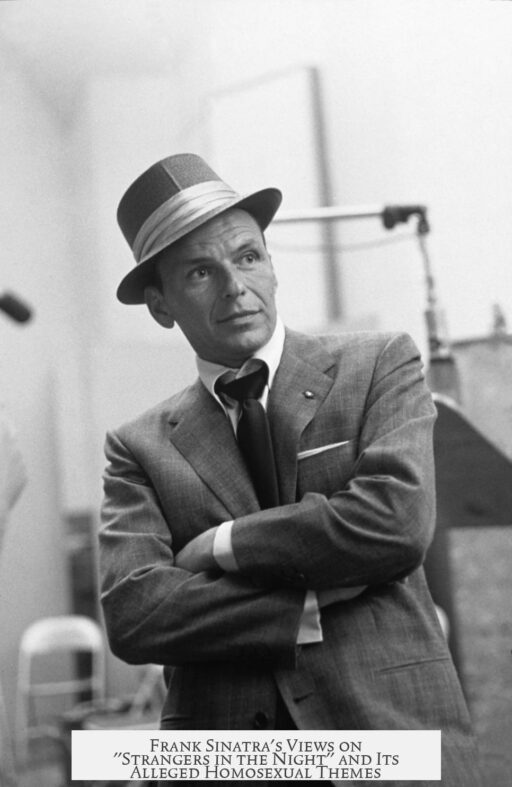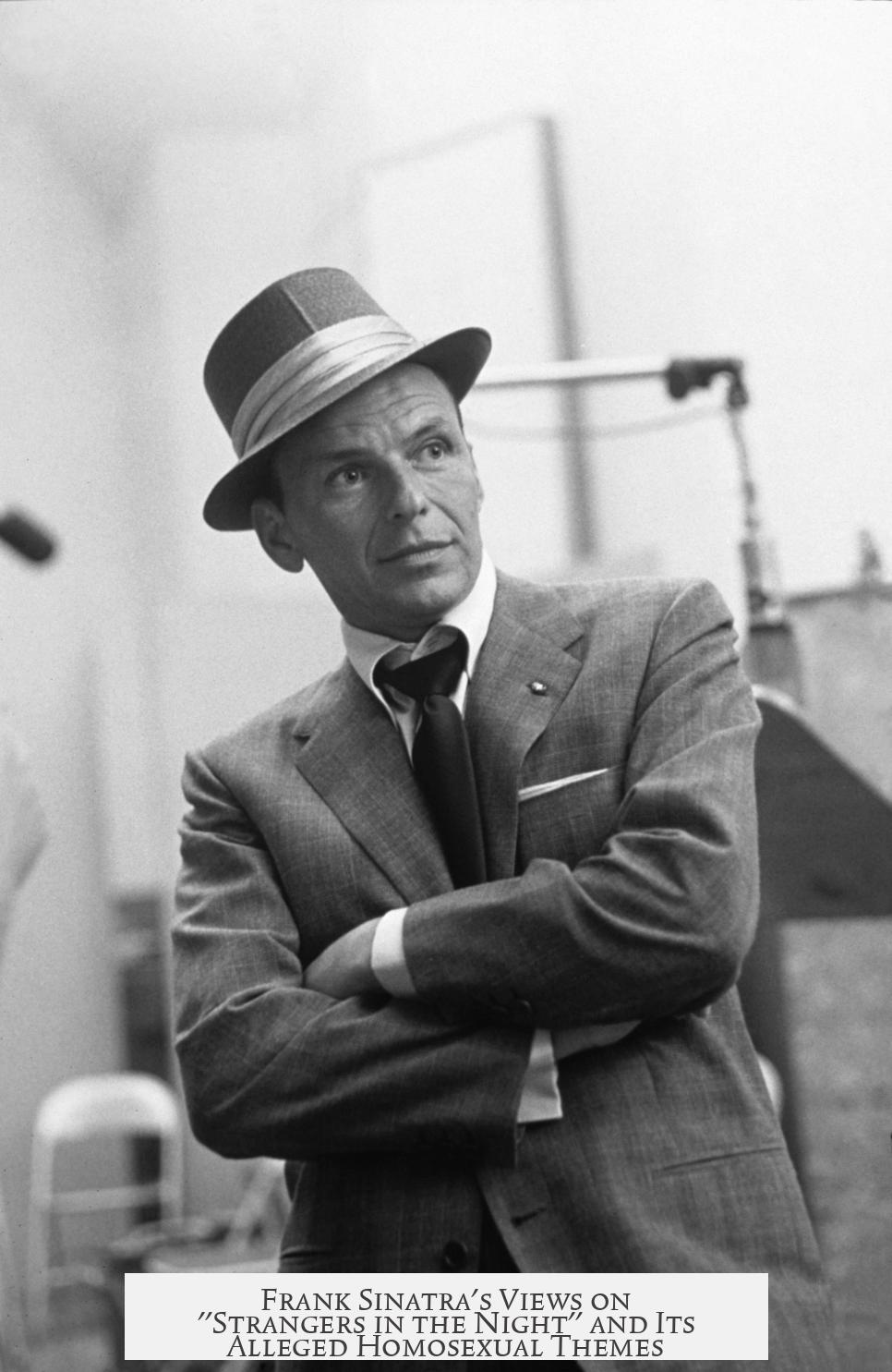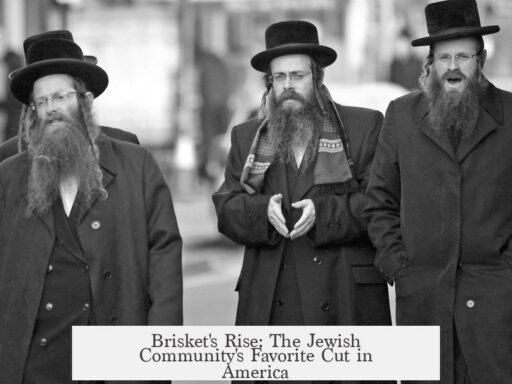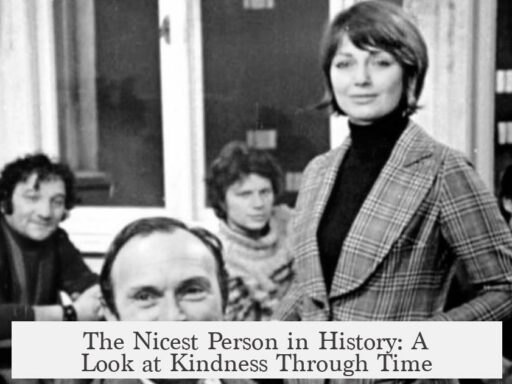Frank Sinatra believed “Strangers in the Night” was about a homosexual encounter mainly as a form of humor, rather than a serious interpretation of the song. His statements about the song are contradictory, reflecting mixed feelings. He openly disliked the song, once calling it a “piece of shit” when first seeing the sheet music. This strong negative reaction colors his later, often joking remarks about the song’s meaning.
Sinatra’s habit of telling casual gay jokes supports the idea that his claim about the song’s theme was not serious. For example, on a Dean Martin recording, Sinatra made a joke referencing a “fairy godmother” and an “uncle we keep a close eye on.” This kind of humor was typical among the Rat Pack men during the 1960s. Though sometimes hurtful, these jokes were part of a broader culture of masculinity and camaraderie rather than explicit homophobia.
Sinatra’s contradictory comments complicate understanding his true thoughts on the song. At times, he claimed songs like “My Way” had autobiographical meaning, while at other times, he denied it. His mixed messages suggest he enjoyed teasing opinions or playing with public expectations.
- He reportedly despised “Strangers in the Night” from the start.
- He used humor involving homosexuality casually, fitting the Rat Pack’s style.
- His claim about the song’s homosexual theme was very likely a joke, not a serious belief.
In summary, Sinatra’s belief about “Strangers in the Night” being about a homosexual encounter aligns with his known use of humor and disdain for the song. He likely intended the comment as a sarcastic or playful jab rather than a genuine interpretation. The broader context of his personality and era supports this understanding.
Why did Frank Sinatra believe that “Strangers in the Night” was about a homosexual encounter?
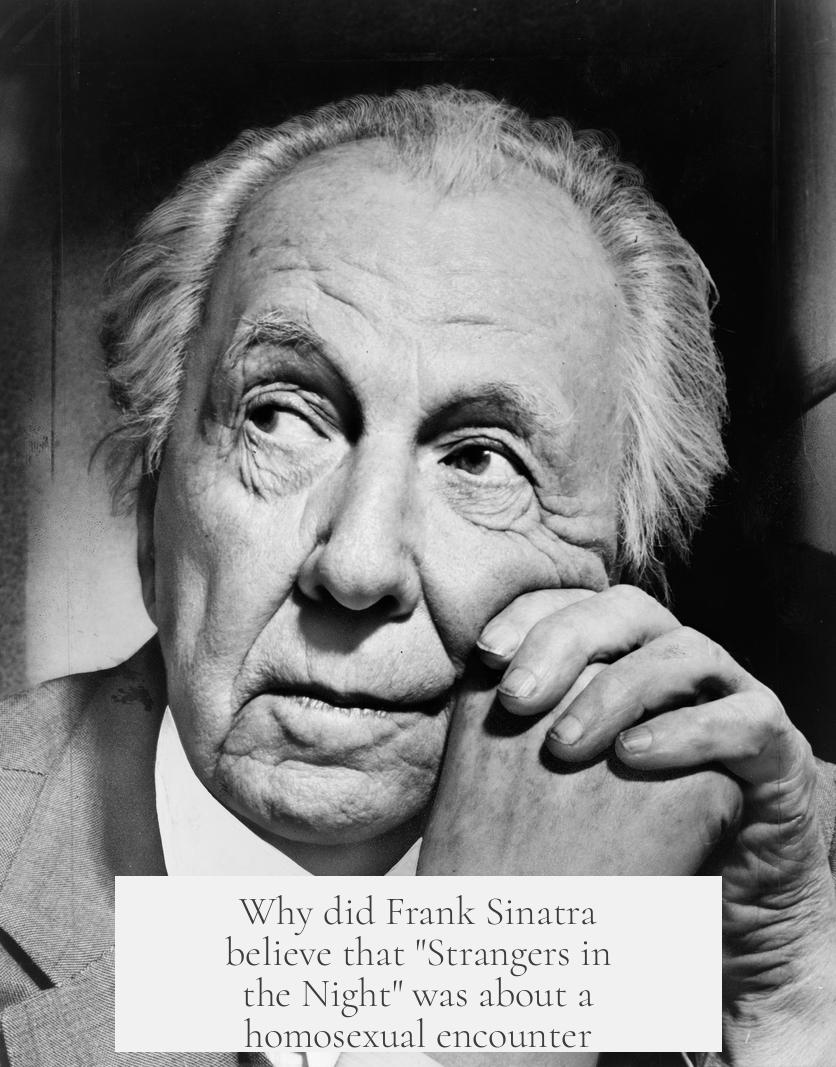
Frank Sinatra’s belief that “Strangers in the Night” was about a homosexual encounter was most likely never serious and came across more as a casual, off-the-cuff joke rather than a genuine interpretation. Understanding why Sinatra made such a claim requires unraveling his complicated relationship with the song, his character, and the culture of his time.
The Contradictory Sinatra and His Love-Hate Relationship with “Strangers in the Night”
Frank Sinatra’s public statements about songs tend to be a rollercoaster ride. Sometimes he claims deep personal connections to a hit, and other times he disowns them completely. Take his iconic “My Way”—he both embraced and distanced himself from its supposed autobiographical meaning.
In the case of “Strangers in the Night,” Sinatra’s feelings were clear: he strongly disliked the song. In fact, the moment he got the sheet music, he blurted out, “I don’t want to sing this. It’s a piece of shit.” That’s quite the bombshell from Ol’ Blue Eyes himself. How often do you hear a star openly trash a hit destined for superstardom?
This dislike hints that his unusual interpretation about the song’s theme was more tongue-in-cheek than earnest. Why take a song you hate so seriously?
The Rat Pack Era and Sinatra’s Casual, Sometimes Crude Humor
To understand Sinatra’s joke about “Strangers in the Night” being about a homosexual encounter, you need to slide back into the 1960s Rat Pack scene. It was a brotherhood replete with playful jabs, crude humor, and plenty of off-color jokes. These guys threw around gay jokes casually, often without much thought about offense—by the standards of that era, it was “just how things were.”
One classic example: a Dean Martin recording where Sinatra quipped, “Do you have a fairy godmother?” and Dean responded, “No, but I got an uncle we keep a close eye on.” These kinds of jokes weren’t rare—they peppered conversations and were part of the expected “heterosexual male bravado” of the Rat Pack’s charm and camaraderie.
While some of Sinatra’s jokes, such as calling Sammy Davis Jr. “an African Queen,” would raise eyebrows today (and rightly so), these remarks reflect the casual and unfiltered humor of a very different social climate rather than deep-rooted prejudice.
Was Sinatra Really Serious? The Proof Lies in the Context
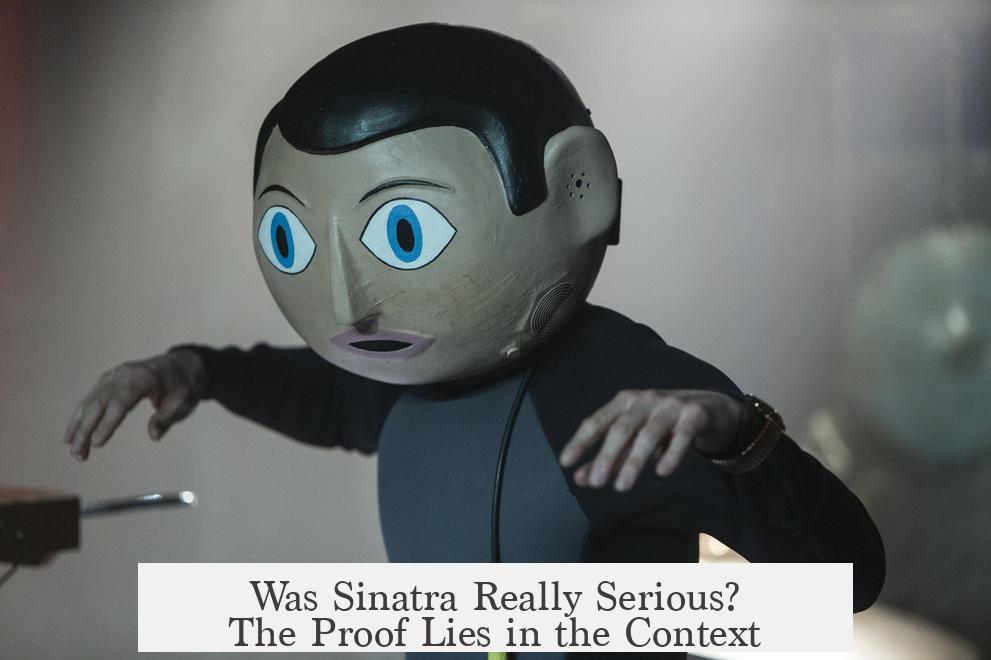
Given his notorious habit of saying contradictory things and his clear dislike for the song, Sinatra’s claim about “Strangers in the Night” being about a homosexual encounter falls neatly into his pattern of casual banter, not serious critique.
Think about it: a man who slams a song outright and frequently jests about homosexuality in a way typical for his crew is probably joking here. There’s no solid evidence that Sinatra interpreted the lyrics earnestly in that way or meant to spark controversy. Instead, he was likely riffing off the song’s romantic ambiguity for laughs or to poke fun at something he didn’t like singing.
Why This Matters: Understanding Sinatra’s Cultural Context
When analyzing Sinatra’s joke, a key lesson emerges: culture shifts dramatically over time. Many jokes or offhand remarks from decades ago sound shocking or offensive today. Yet, back then, they were part of a norm within certain social groups, especially among entertainers like the Rat Pack.
This doesn’t excuse any hurt caused, but it does help us see why Sinatra’s comment isn’t a straightforward statement of fact but rather a snapshot of a moment in history when humor was very rude and unfiltered by modern standards.
What Can We Learn from This?
- Don’t take provocative statements at face value: Sometimes celebrities joke in confusing ways to keep things lively or to tease their audience.
- Context is everything: Sinatra’s era and social circles shaped how he communicated, including his casual, sometimes crude humor.
- Behind the joke, know the truth: Sinatra’s dislike of “Strangers in the Night” was genuine, but his “homosexual encounter” interpretation was not a serious analysis.
In Conclusion: Sinatra’s “Strangers in the Night” Comment Was Mostly Just a Joke
Putting all facts together makes it clear: Frank Sinatra’s belief that “Strangers in the Night” was about a homosexual encounter is best understood as a joke rooted in his displeasure with the song and the social humor style of his time.
No serious claim here. Just a legendary singer with a bit of sass, a pinch of irreverence, and a penchant for contradictory comments. It reminds us that even icons like Sinatra can have moments of playful nonsense that shouldn’t be over-analyzed without context.
“I don’t want to sing this. It’s a piece of shit.” – Sinatra on “Strangers in the Night.”
Next time you hear “Strangers in the Night,” try to separate the magic of the melody from the colorful personality who once called it names—and remember that not every song requires a deep interpretation. Sometimes, it’s just a tune and a maybe a joke or two thrown in for good measure.
Why did Frank Sinatra call “Strangers in the Night” a “piece of shit”?
Sinatra disliked the song from the start. When he first saw the sheet music, he said, “I don’t want to sing this. It’s a piece of shit.” His criticism showed his clear dislike, separate from any deeper meaning he later joked about.
Did Sinatra believe “Strangers in the Night” was about a homosexual encounter?
Sinatra made contradictory statements. His suggestion that the song was about a gay encounter was likely a joke, not a serious claim. His casual humor about homosexuality fits the Rat Pack style from the 1960s.
How did Sinatra’s humor influence his comments on the song’s meaning?
He used casual gay jokes commonly heard in his social circle. This kind of humor matched the Rat Pack’s style. It shows his comments were likely playful, not meant as a serious interpretation of the song.
Was Sinatra actually homophobic despite his jokes?
No, his humor reflected the 1960s Rat Pack’s heterosexual male banter. He made hurtful jokes but did not seem truly homophobic. His jokes were part of the era’s expected male humor, not deep prejudice.
Why are Sinatra’s statements about “Strangers in the Night” considered unreliable?
He contradicted himself on many songs, claiming and denying autobiographical meanings. Combined with his dislike of the song and joking style, his statements about the song’s meaning lack seriousness and consistency.
